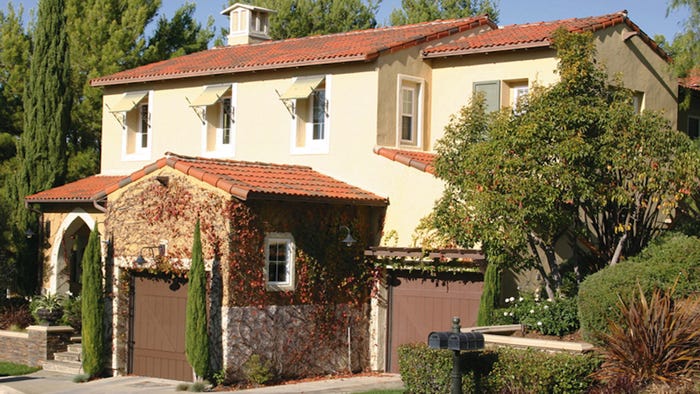Here are the codes and standards PHTA is lobbying the hardest for this year—and why they’re so important to the industry.
February 13, 2023

The goings on of government bureaucrats and legalese may seem unimportant to the average pool and spa professional who’s focused on the day-to-day of running a business, but a number of legislative actions currently working their way through the system could have big impacts on pros and their bottom lines.
Here are five legislative actions that Pool & Hot Tub Alliance lobbyists are watching closely—and how they could affect the industry.
1. Department of Energy test procedure for dedicated-purpose pool pumps. Pumps have been a major focus on energy efficiency, with DOE now requiring variable speed pumps to motors between approximately 1 and 5 horsepower. DOE is reviewing the testing procedures for dedicated-purpose pool pumps. This effort is about working with DOE and submitting industry-led comments to ensure that pumps remain both affordable and efficient. Updating the test procedures manufacturers use to demonstrate compliance with efficiency rules is usually followed by a DOE proposal updating the standards, said Justin Wiley, PHTA’s vice president of government relations.
“We want to ensure that current technology is considered as DOE begins its process to update energy-efficiency standards,” Wiley said. “The more efficient we get pumps, the better the cost savings for consumers and the more positive impacts there are on the environment.”
2. Establishment of national standards for portable electric spas. Last year, DOE tentatively determined that portable electric spas qualify as a covered product under the Energy Policy and Conservation Act. This recognition marks a victory for PHTA as well as the International Hot Tub Association and paves the way for DOE to begin a lengthy rulemaking process establishing national standards, Wiley said.
Last month, PHTA/IHTA's portable spa coalition submitted comments, and this month filed additional comments. These two steps in the DOE rulemaking process historically preceded a Notice of Proposed Rulemaking proposing efficiency standards.
“We continue to strongly advocate for DOE standards and testing procedures to mirror APSP-14,” Wiley said. “It’ll create uniformity and a level playing field for manufacturers.”
3. Missouri adoption of International Swimming Pool and Spa Code. PHTA’s goal is a uniform pool and spa code nationwide. But it’s a state-by-state effort, said Jason Davidson, the organization’s director of government relations. Missouri House Bill 264 represents the third year in a row that the state has considered adopting the gold standard of code uniformity: the International Swimming Pool and Spa Code.
“It says if you’re going to adopt a pool code, then you have to use the ISPSC,” Davidson said. “Again, it creates uniformity throughout the state.”
So far, 34 states have adopted the ISPSC, and Davidson hopes to make it 35 with Missouri.
4. Massachusetts licensure law. In Massachusetts, there’s a different effort underway. That state has adopted the ISPSC. Now PHTA is lobbying for a statewide licensure program for anyone who wants to build, service or maintain pools and spas with HD 3385.
“It professionalizes the industry,” Davidson said. “And it gets rid of bad actors. It weeds out those companies and contractors who don’t know what they’re doing and give the industry a bad name.”
Neighboring Connecticut adopted a similar law along with New Jersey, Florida and California. The bill has yet to be introduced in Massachusetts, but Davidson said it will be soon.
5. Ongoing drought issues. PHTA continues to monitor the drought in Arizona, California, Nevada and Texas. In response to the extremely dry conditions, this past summer many municipalities enacted water restrictions. Though most were limited to watering lawns and filling fountains, the pool industry was directly impacted by the drought. For now, discussion on drought has been tabled due to the heavy rainfall season and most enacted restrictions have since been rolled back (except Nevada, which maintains a limit of newly constructed pools and spas to 600 square feet). PHTA continues to ramp up and mobilize on the grassroots level in anticipation of future restrictions on the industry.
About the Author(s)
You May Also Like




